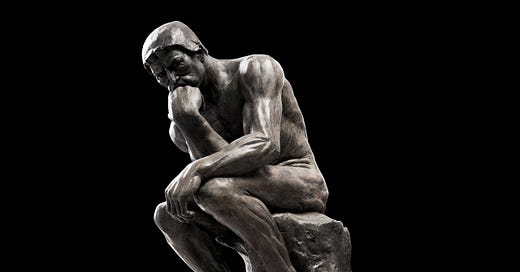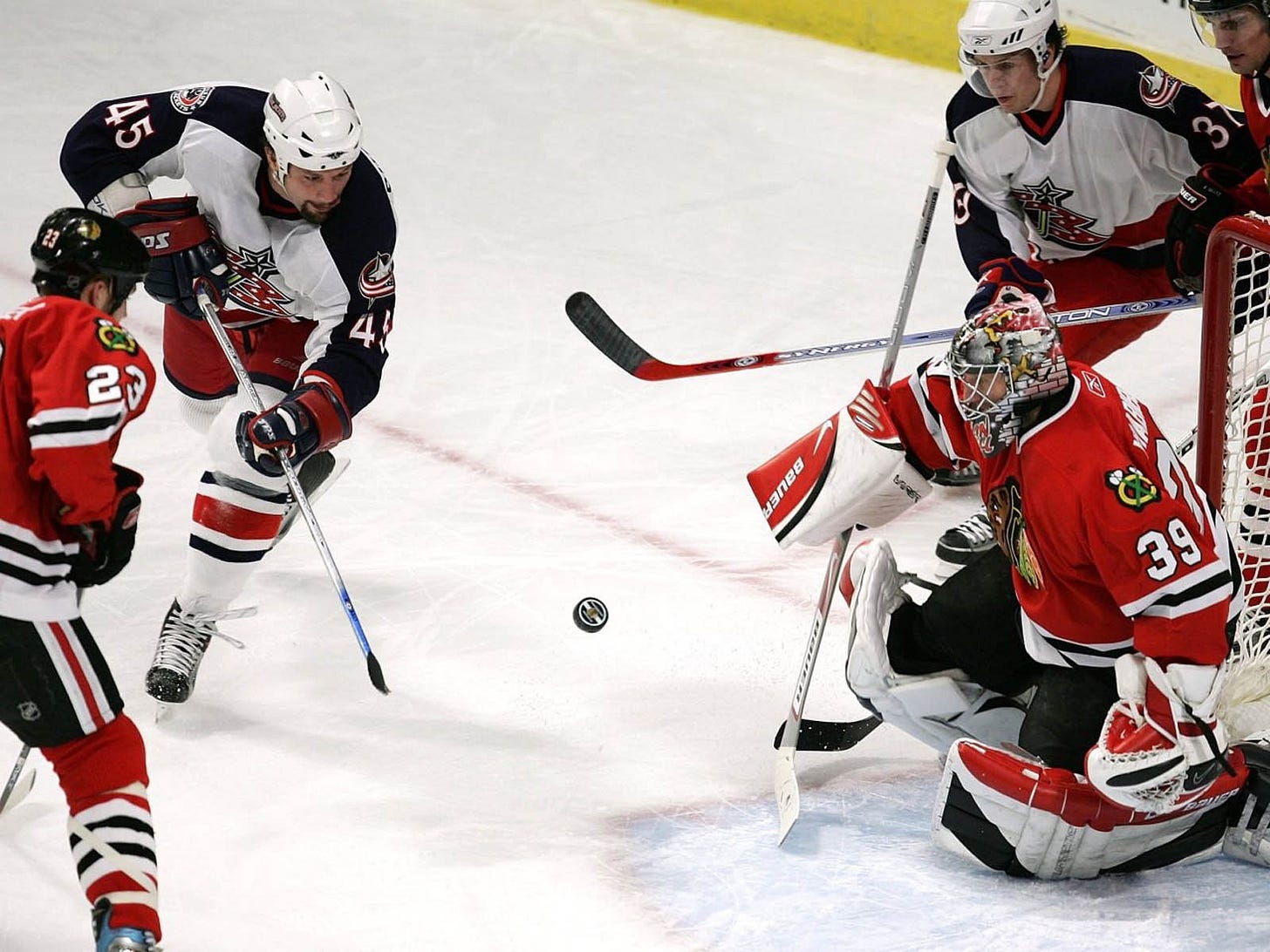3 Reasons Sport Philosophy matters to people who care deeply about sports
Why Sports Philosophy?
“You’re a sports philosopher, sounds cool but what is that?”
After teaching sport philosophy for 8 years in university classrooms and coaching clients using this knowledge for almost 2 years it’s a question I hear often. You’re not alone if you’ve wondered what the heck a sport philosopher does. Do they just think about sports all day? The short answer is yes.
The long answer is we investigate sport as a moral arena where participants and spectators determine what is right and wrong, good and bad, moral and immoral, through the ways we move our bodies in athletic competition with others and ourselves.
What is it?
Sounds interesting right, but what does all of that actually mean?
Think of all the different moral questions that come up in sports.
Is it ok to break the rules in order to secure victory?
How should leaders treat those that follow?
What is the tradeoff between health and performance?
Sports philosophy aims at these moral dilemmas and uses the example of sports to teach us how to live properly in the world outside of sports.
There are 3 main reasons to take sports philosophy seriously
In order to act morally in the world you need to judge different courses of action and weigh them against social standards and your internal values. Sports train us how to identify moral situations and how to act correctly in that moment.
There is a reason we call the good behaviour of athletes ‘spotsmanship’; the idea that athletics teach morals is deeply engrained in the activity.
Reason #1 - Normative Philosophy tilts towards moral action
Sports philosophy belongs to a larger branch of ethics known as ‘normative philosophy’ because it offers us the chance to test ourselves in moral situations that act like simulations for real life.
There are 3 main branches to ‘normative ethics’:
Deontology tells us that morality derives from following moral laws and principles.
Consequentialism tells us morality derives from judging the results of any action.
Virtue ethics tells us that morality derives from our individual character and our consistent behaviour.
Each of these approaches can be useful to solve different moral problems and sports gives us a laboratory to work them out and determine the best course of action.
Reason #2 - Sports offer a wide range of moral conundrums
There is no limit to the number of moral situations that emerge in sports.
It’s because sport relies on personal and collective sacrifice and struggle. There are countless tradeoffs to make and athletes, coaches, and spectators all must weigh the various options carefully. An athletic ideal of morality emerged to give structure to all these potential tradeoffs in the form of ‘sportsmanship.’
We often say ‘how you play the game’ is more important than the outcome and by the we mean that moral behaviour trumps winning and losing.
Reason #3 - They relate to our subjective tastes and truths
But how do we know what’s the right way to ‘play the game?’
Sports give us the ability to have our tastes and eat them too. We pick which sports we like to play and watch based on the values and virtues we see inside those sports. They relate to our culture, our identity, our community, and our greatest ideals.
Because we each bring our individual characters to the arena we get to decide for ourselves how to live morally through sport.
How do you apply?
When it comes to living sports philosophy in your life there’s one simple question you need to remember
How does moving the body teach me about becoming my best self?
Rather than focus on following the rules or worrying about the outcome aim yourself towards VIRTUE ETHICS.
What can sports provide my individual character and the virtues I want to develop inside myself?
You find this out by submitting yourself to struggle and determining the proper sacrifices required to achieve your goal.
Actionable Advice
Here’s a way for you to start living sports philosophy:
Think of the sport you love to play or watch most.
Now list all of the virtues associated with that sport (ie Ice Hockey: toughness, loyalty, courage, grit, resiliency, dynamism, etc…)
You’ve now got a quick list of virtues that you admire and would be happy to incorporate into your character.
Your tastes aren’t superficial, but reflect deep values so lean into them and identify the way you want to live.
From the Classroom to Coaching
When you understand sports in this fashion they become powerful tools to reclaim your personal power.
Too often you settle for mediocre, please other people’s values, and fail to live for the things you desire. Physical challenges and sport help define who you are and help you realize your true potential through action and struggle. This is the real power of sports philosophy.
It’s why I’ve taken it from the classroom and adapted into coaching programs helping individuals reclaim their physical health, break free from limiting thought patterns holding back their progress, and re-embrace the necessity of challenge to unlock our true potential.
Philosophy needs to be applied to have true value and this sport philosopher will continue to spread the word far and wide!






